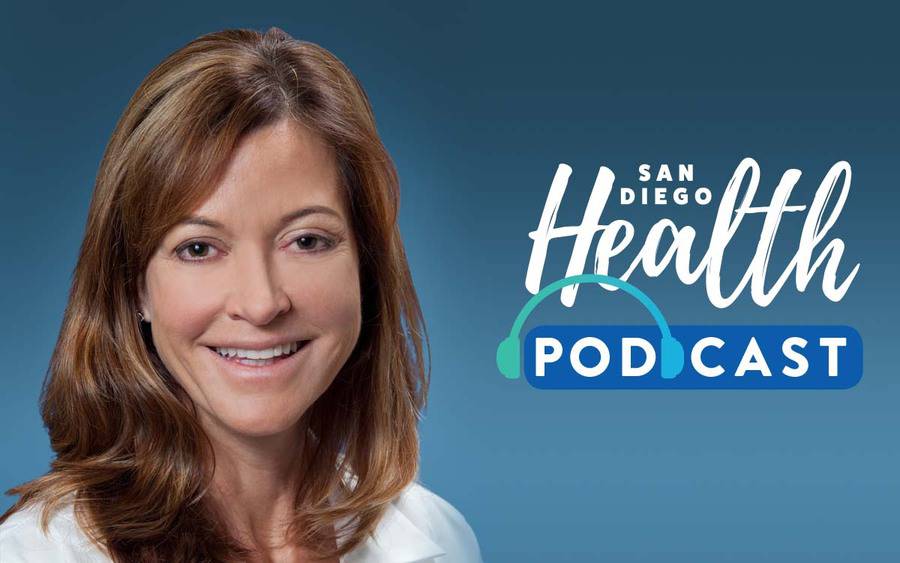What Happens During Perimenopause and Menopause? (podcast)
Hormone replacement therapy can help ease severe symptoms

Dr. Katrina Kelly, OB-GYN, Scripps Clinic
Hormone replacement therapy can help ease severe symptoms
Hot flashes, fatigue, mood swings, and irregular menstrual cycles can all indicate you may be heading toward menopause. This leadup period to menopause is called perimenopause and can start as early as your late 30s and last a whopping 10 years before the actual onset of menopause.
For some, the transition from perimenopause to menopause can be smooth, but for others, the symptoms that come along with the change can be quite severe.
In this episode of San Diego Health, host Susan Taylor and guest Katrina Kelly, MD, an OB-GYN at Scripps Clinic Rancho Bernardo, discuss menopause, perimenopause, and how hormone replacement therapy help ease some of the discomfort. Traditional hormone replacement therapy and plant-derived bioidentical hormone replacement therapy can also help protect your bones from osteoporosis, prevent heart disease, and ward off dementia as you age.
Some types of hormone replacement therapy have been linked to a slightly higher incidence of breast cancer, but experts believe the benefits outweigh the risks. Lifestyle changes like eating healthy, exercising, and losing weight can also help during perimenopause and menopause.
Your doctor can help craft and individualized plan to treat perimenopause and menopause-related symptoms.
Listen to the episode on symptoms of perimenopause and menopause
Listen to the episode on symptoms of perimenopause and menopause
Podcast highlights
Watch the San Diego Health video on perimenopause and menopause
Watch the San Diego Health video with Susan Taylor and Dr. Kelly where they discuss what to expect during perimenopause and menopause.